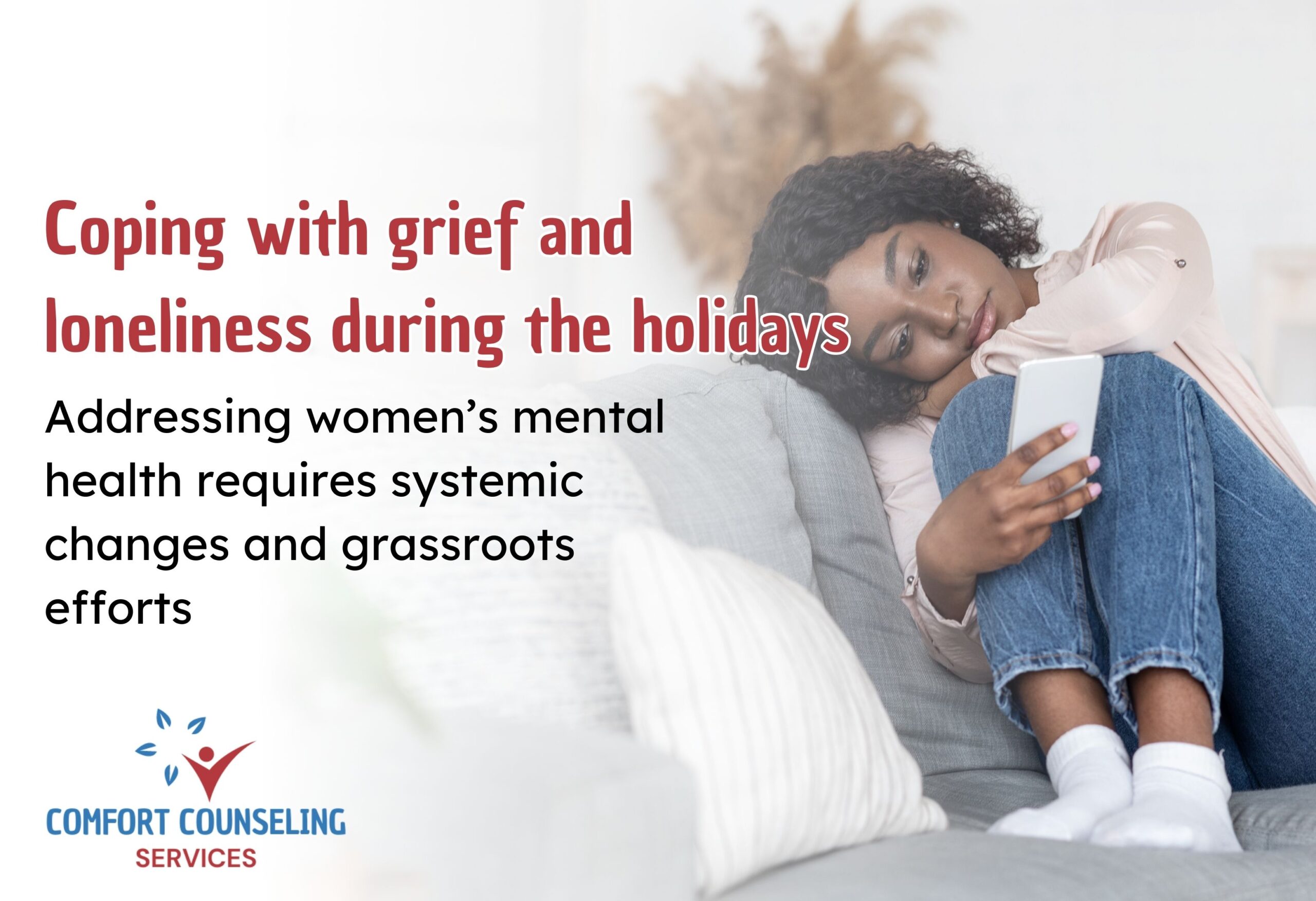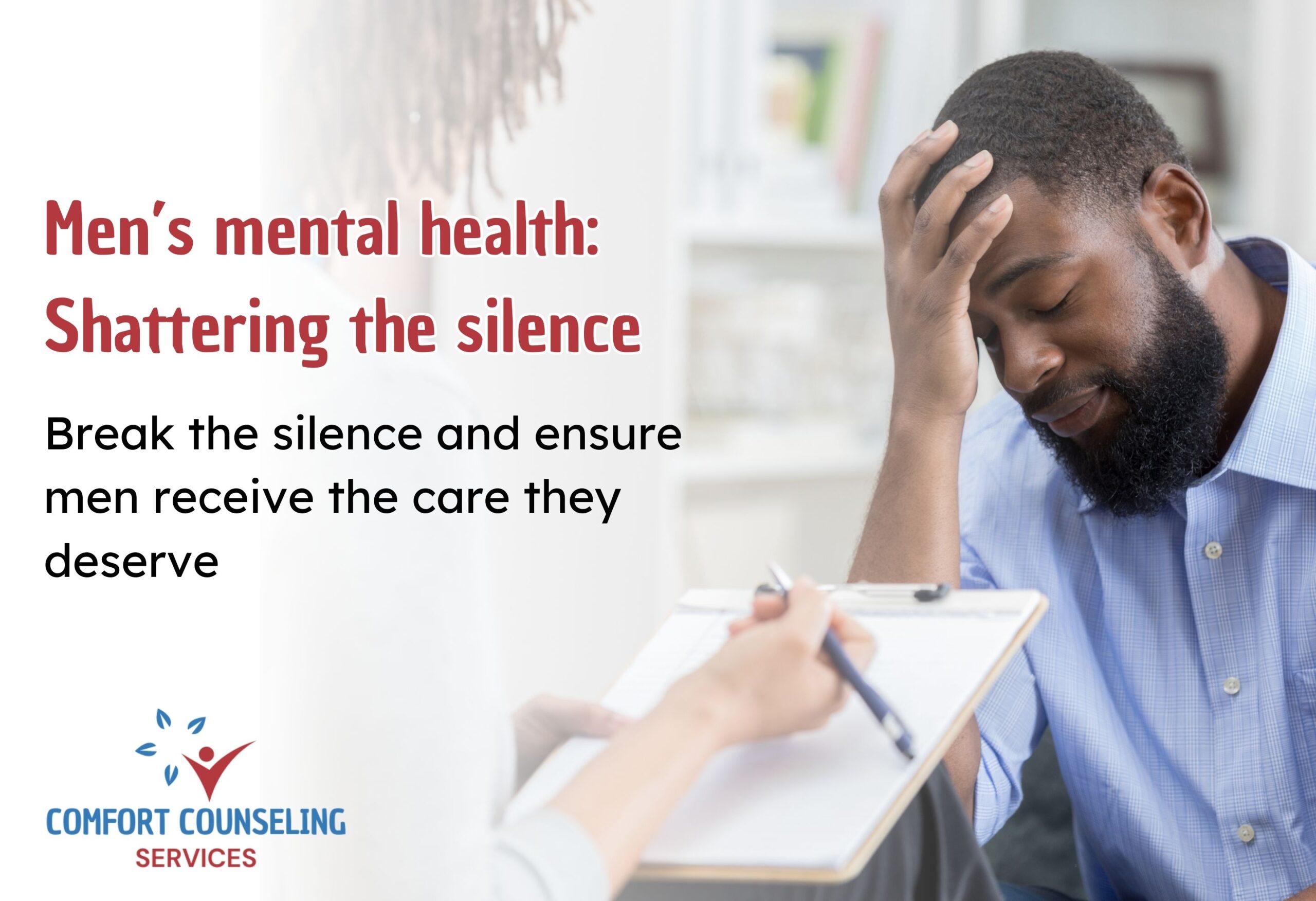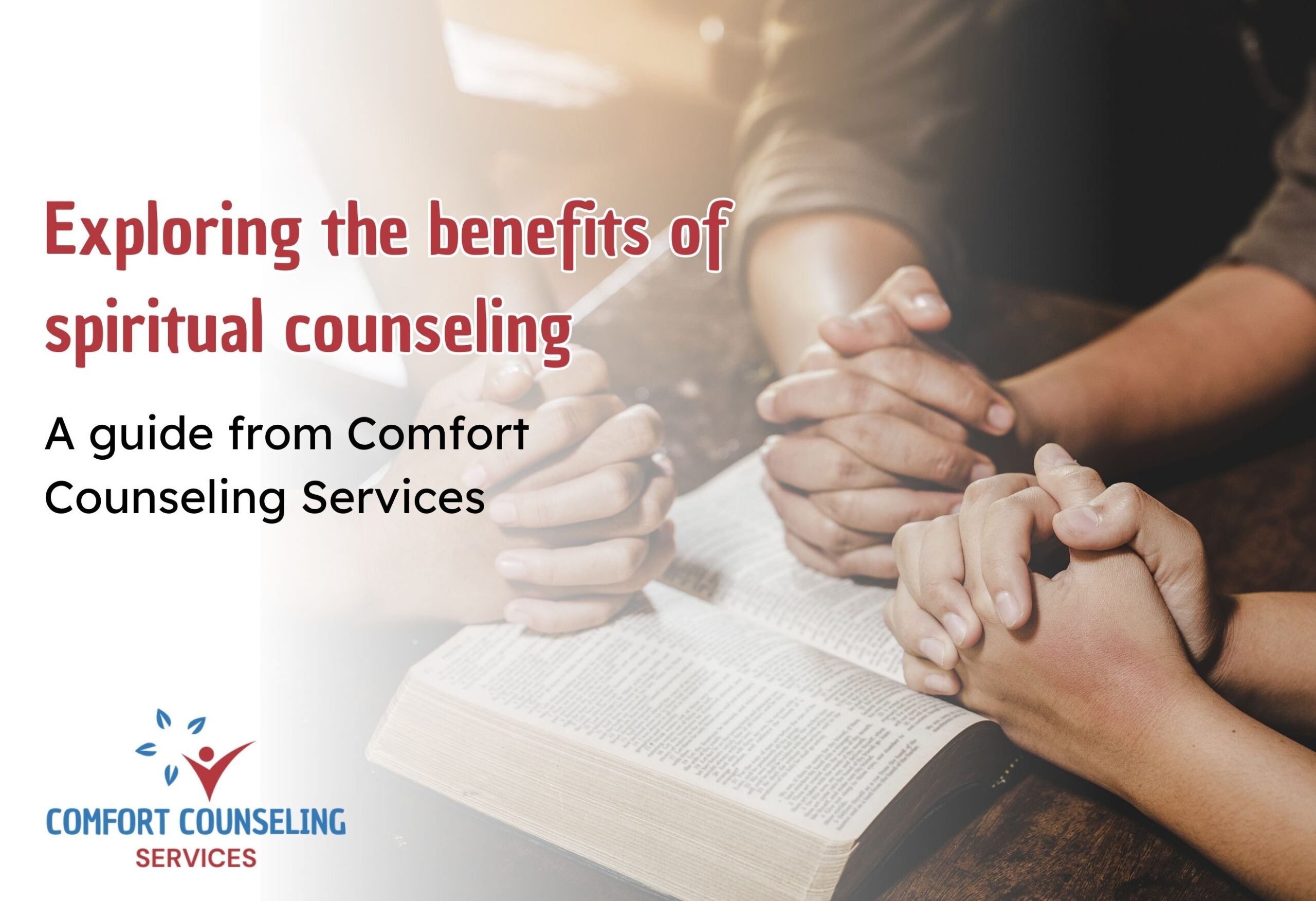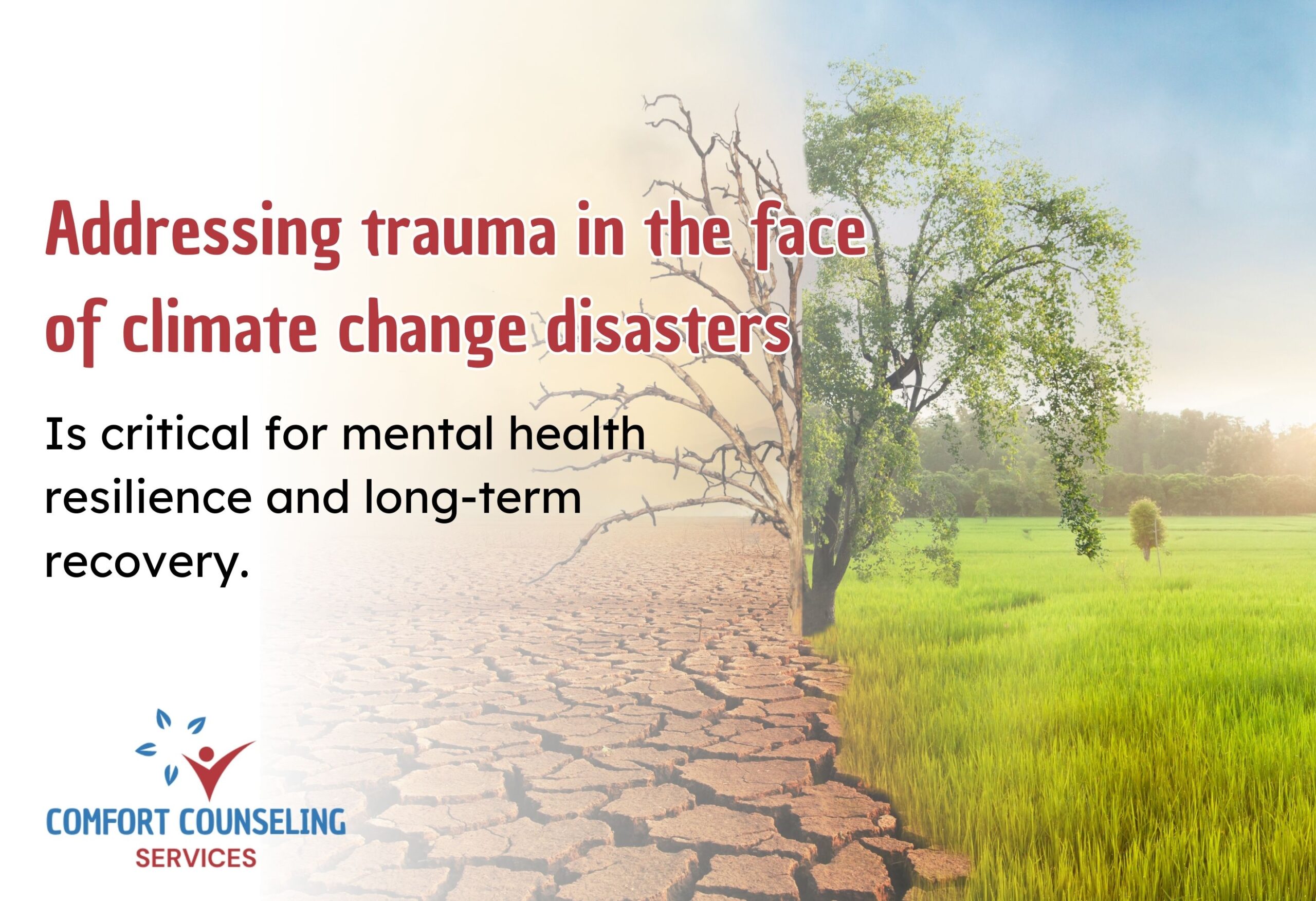The holiday season is often portrayed as a time of joy, connection, and celebration. However, for many individuals, it can be a source of grief and loneliness. The absence of loved ones, unmet expectations or personal struggles can make the festivities feel overwhelming. This blog explores the emotional challenges of the holidays and provides strategies to navigate grief and loneliness with resilience and support.
Understanding holiday grief and loneliness
Grief and loneliness during the holidays often stem from:
- Loss of loved ones: The absence of a family member or friend can be more pronounced during gatherings.
- Unrealistic expectations: Media portrayals of perfect celebrations can intensify feelings of inadequacy.
- Isolation: Geographical distance, health issues, or strained relationships can leave individuals feeling alone.
Research shows that holiday stress exacerbates emotional struggles. A survey by the National Alliance on Mental Illness (NAMI) found that 64% of individuals with mental health conditions feel worse during the holidays (NAMI, 2020).
The dual nature of holidays
Holidays can trigger both positive and negative emotions:
- Positive triggers: Memories of shared traditions and rituals with loved ones.
- Negative triggers: Reminders of loss, conflict, or unfulfilled expectations.
Infographic 1: Emotional responses during holidays
| Emotion | Cause |
|---|---|
| Joy | Celebrating traditions with loved ones. |
| Sadness | Remembering lost loved ones. |
| Anxiety | Pressure to meet social and financial expectations. |
Strategies for coping with grief and loneliness
- Acknowledge your feelings
- It’s okay to feel sad or lonely. Suppressing emotions can intensify them.
- Journaling or talking to a trusted friend can help you process your feelings.
- Set realistic expectations
- Avoid overcommitting to events or activities.
- Focus on what feels meaningful and manageable.
- Create new traditions
- Honouring loved ones through a new tradition can bring healing. For example, lighting a candle or donating in their memory.
- Stay Connected
- Reach out to friends or family, even if virtually. Social connections reduce feelings of loneliness (Holt-Lunstad et al., 2015).
- Join a support group for individuals coping with grief.
- Practice self-care
- Prioritize sleep, exercise, and a balanced diet.
- Mindfulness techniques, such as meditation or deep breathing, can alleviate stress.
Infographic 2: Self-care tips during holidays
- Get adequate rest.
- Limit alcohol and caffeine intake.
- Engage in hobbies or activities you enjoy.
Supporting others who are grieving
If someone you know is struggling:
- Listen without judgment: Allow them to share their feelings without trying to “fix” them.
- Include them in plans: Extend invitations to events, but respect their need for space.
- Offer practical help: Assist with holiday tasks, such as cooking or decorating.
The role of professional help
For those finding it difficult to cope, seeking professional support is essential.
- Therapy: Cognitive Behavioral Therapy (CBT) can help address negative thought patterns.
- Grief counseling: Specialized counselors provide tools to navigate loss.
- Hotlines: Crisis hotlines offer immediate support during moments of distress.
Infographic 3: Signs you may need professional help:
- Persistent feelings of hopelessness.
- Difficulty performing daily tasks.
- Intense emotional pain lasting several months.
The Importance of Community
Communities play a vital role in alleviating loneliness during holidays. Local organizations and faith groups often host events or provide resources for those in need. Volunteering is another powerful way to foster a sense of connection and purpose.
Infographic 4: Benefits of volunteering during the holidays
| Benefit | Impact |
|---|---|
| Social Connection | Builds relationships and reduces isolation. |
| Sense of Purpose | Helps shift focus from personal struggles. |
| Emotional Fulfilment | Boosts happiness and self-esteem. |
Looking Ahead
Grief and loneliness during holidays is challenging, but they don’t have to overshadow the season entirely. By acknowledging your emotions, seeking connection, and practicing self-care, it’s possible to find moments of peace and meaning.
Infographic 5: Key takeaways
- Acknowledge and honour your feelings.
- Stay connected with loved ones or support groups.
- Prioritize self-care and seek professional help when needed.
References
- Holt-Lunstad, J., Smith, T. B., & Layton, J. B. (2015). Social relationships and mortality risk: A meta-analytic review. PLoS Medicine, 7(7), e1000316.
- National Alliance on Mental Illness (NAMI). (2020). Mental health and the holiday blues.
- Stroebe, M., Schut, H., & Boerner, K. (2017). Cautioning health-care professionals: Bereavement care and the risk of getting stuck in grief. BMJ Supportive & Palliative Care, 7(3), 256-262.



